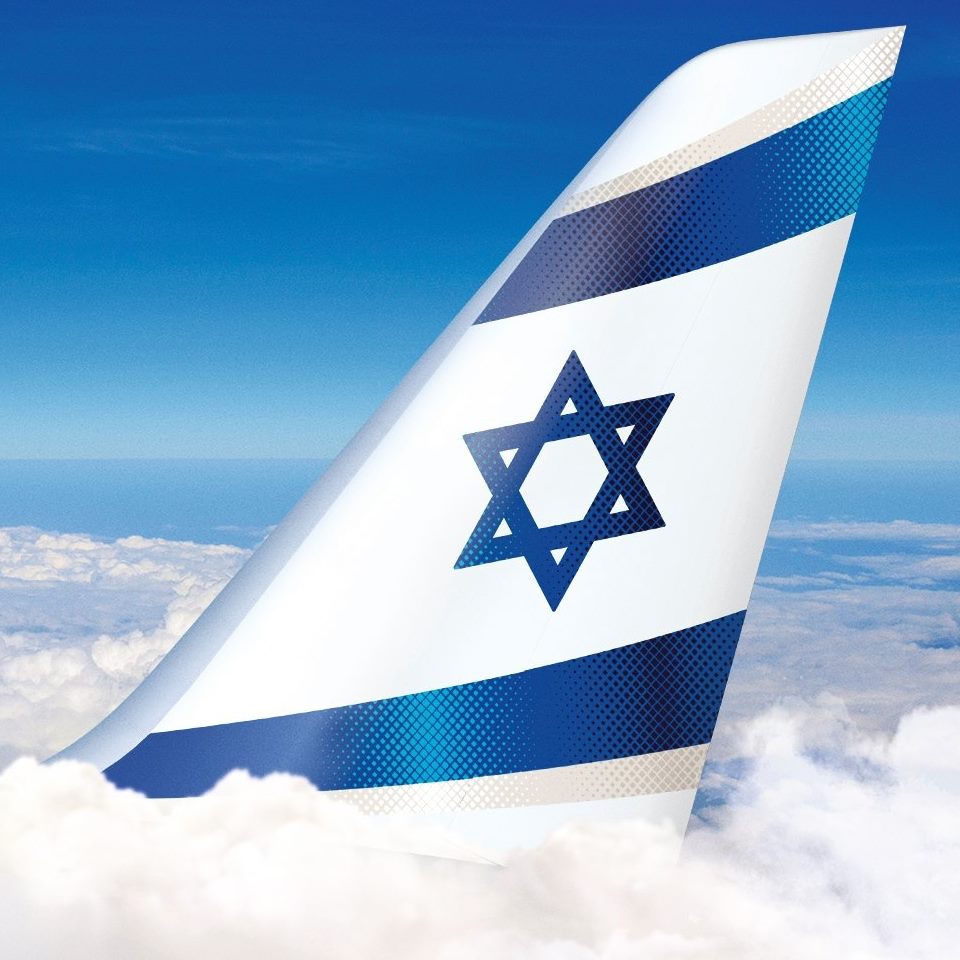Shadows Over the Skies: The Azerbaijani Plane Crash and Its Implications
December 29, 2024, 4:01 am
A tragedy unfolded in the skies above Russia, igniting a storm of speculation and political tension. An Azerbaijani passenger plane, Flight J2-8243, crashed near Aktau, Kazakhstan, after diverting from its intended route. The incident has drawn sharp scrutiny, with whispers of missile fire and accusations of negligence swirling like smoke in the air.
The plane was en route from Baku to Grozny when it encountered a series of catastrophic events. Survivors reported hearing loud bangs, akin to thunderclaps, as the aircraft circled in fog. The chaos escalated when oxygen masks deployed, a desperate signal of impending doom. One flight attendant described the scene as surreal, a nightmare unfolding in real-time. The sounds of explosions echoed in the cabin, punctuated by the cries of terrified passengers.
Eyewitness accounts paint a harrowing picture. One survivor recounted an explosion near her leg, while another described a deep, lacerating wound, as if struck by an unseen force. The plane's tail bore marks that hinted at external interference, leading many to speculate about the involvement of Russian air defense systems. This speculation was further fueled by reports of Ukrainian drone activity in the region, a backdrop of conflict that has now seeped into civilian airspace.
The Azerbaijani government wasted no time in laying blame. President Ilham Aliyev asserted that the plane had encountered "external physical and technical interference" while in Russian airspace. His words were a clarion call for accountability, a demand for answers in a situation shrouded in uncertainty. The evidence, he claimed, was clear: multiple holes in the fuselage and injuries to passengers pointed to an external attack.
As the investigation unfolds, the Kremlin's response has been cautious. Initially silent, President Vladimir Putin eventually extended an apology to Aliyev, acknowledging the tragedy but stopping short of admitting culpability. The Kremlin's spokesperson emphasized the need for a thorough investigation, a call for patience amidst rising tensions. Yet, the shadows of past incidents loom large. The crash evokes memories of Malaysia Airlines Flight 17, downed by a Russian missile in 2014, a stark reminder of the dangers lurking in contested airspace.
The international community has taken notice. The United States has hinted at early indications that Russian air defenses may have been involved. The White House's cautious acknowledgment adds another layer of complexity to an already fraught situation. Meanwhile, the European Union has called for an independent investigation, urging transparency and accountability.
Airlines are reacting swiftly to the fallout. Azerbaijan Airlines has suspended flights to several Russian cities, a precautionary measure in the wake of the crash. Other carriers, including Kazakhstan's Qazaq Air and Israel's El Al, have followed suit, halting flights to Russia amid safety concerns. The air travel landscape is shifting, a reflection of the geopolitical tensions that now permeate the skies.
Kazakhstan, caught in the middle, has maintained a measured stance. While it has not directly blamed Russia, the nation is closely monitoring the situation. The delicate balance of alliances in the region is at play, with Kazakhstan navigating its relationship with both Azerbaijan and Russia. The crash has raised questions about air safety in a region marked by conflict, prompting airlines to reassess their routes and protocols.
As investigations continue, the focus remains on accountability. Who is responsible for this tragedy? The answers may lie in the wreckage, in the testimonies of survivors, and in the data recovered from the flight recorders. The stakes are high, with the potential for diplomatic fallout looming large. If evidence points to Russian involvement, the implications could ripple through international relations, straining ties and igniting further tensions.
In the aftermath, the human cost of this incident cannot be overlooked. Lives were lost, families shattered, and a sense of security in air travel eroded. The crash serves as a grim reminder of the fragility of peace in a world rife with conflict. As the investigation unfolds, the hope is for clarity and justice, for the victims and their families who seek answers in the chaos.
The skies above are no longer a sanctuary. They are battlegrounds, where the echoes of war reverberate through the clouds. The Azerbaijani plane crash is a stark reminder of the interconnectedness of our world, where the actions of one nation can have far-reaching consequences. As we look to the future, the call for accountability and transparency must resonate louder than the sounds of conflict. Only then can we hope to restore safety to our skies and peace to our hearts.
The plane was en route from Baku to Grozny when it encountered a series of catastrophic events. Survivors reported hearing loud bangs, akin to thunderclaps, as the aircraft circled in fog. The chaos escalated when oxygen masks deployed, a desperate signal of impending doom. One flight attendant described the scene as surreal, a nightmare unfolding in real-time. The sounds of explosions echoed in the cabin, punctuated by the cries of terrified passengers.
Eyewitness accounts paint a harrowing picture. One survivor recounted an explosion near her leg, while another described a deep, lacerating wound, as if struck by an unseen force. The plane's tail bore marks that hinted at external interference, leading many to speculate about the involvement of Russian air defense systems. This speculation was further fueled by reports of Ukrainian drone activity in the region, a backdrop of conflict that has now seeped into civilian airspace.
The Azerbaijani government wasted no time in laying blame. President Ilham Aliyev asserted that the plane had encountered "external physical and technical interference" while in Russian airspace. His words were a clarion call for accountability, a demand for answers in a situation shrouded in uncertainty. The evidence, he claimed, was clear: multiple holes in the fuselage and injuries to passengers pointed to an external attack.
As the investigation unfolds, the Kremlin's response has been cautious. Initially silent, President Vladimir Putin eventually extended an apology to Aliyev, acknowledging the tragedy but stopping short of admitting culpability. The Kremlin's spokesperson emphasized the need for a thorough investigation, a call for patience amidst rising tensions. Yet, the shadows of past incidents loom large. The crash evokes memories of Malaysia Airlines Flight 17, downed by a Russian missile in 2014, a stark reminder of the dangers lurking in contested airspace.
The international community has taken notice. The United States has hinted at early indications that Russian air defenses may have been involved. The White House's cautious acknowledgment adds another layer of complexity to an already fraught situation. Meanwhile, the European Union has called for an independent investigation, urging transparency and accountability.
Airlines are reacting swiftly to the fallout. Azerbaijan Airlines has suspended flights to several Russian cities, a precautionary measure in the wake of the crash. Other carriers, including Kazakhstan's Qazaq Air and Israel's El Al, have followed suit, halting flights to Russia amid safety concerns. The air travel landscape is shifting, a reflection of the geopolitical tensions that now permeate the skies.
Kazakhstan, caught in the middle, has maintained a measured stance. While it has not directly blamed Russia, the nation is closely monitoring the situation. The delicate balance of alliances in the region is at play, with Kazakhstan navigating its relationship with both Azerbaijan and Russia. The crash has raised questions about air safety in a region marked by conflict, prompting airlines to reassess their routes and protocols.
As investigations continue, the focus remains on accountability. Who is responsible for this tragedy? The answers may lie in the wreckage, in the testimonies of survivors, and in the data recovered from the flight recorders. The stakes are high, with the potential for diplomatic fallout looming large. If evidence points to Russian involvement, the implications could ripple through international relations, straining ties and igniting further tensions.
In the aftermath, the human cost of this incident cannot be overlooked. Lives were lost, families shattered, and a sense of security in air travel eroded. The crash serves as a grim reminder of the fragility of peace in a world rife with conflict. As the investigation unfolds, the hope is for clarity and justice, for the victims and their families who seek answers in the chaos.
The skies above are no longer a sanctuary. They are battlegrounds, where the echoes of war reverberate through the clouds. The Azerbaijani plane crash is a stark reminder of the interconnectedness of our world, where the actions of one nation can have far-reaching consequences. As we look to the future, the call for accountability and transparency must resonate louder than the sounds of conflict. Only then can we hope to restore safety to our skies and peace to our hearts.

